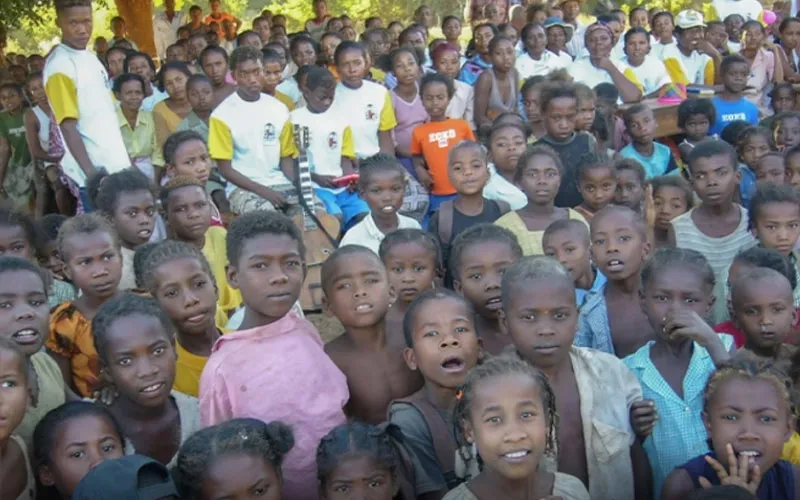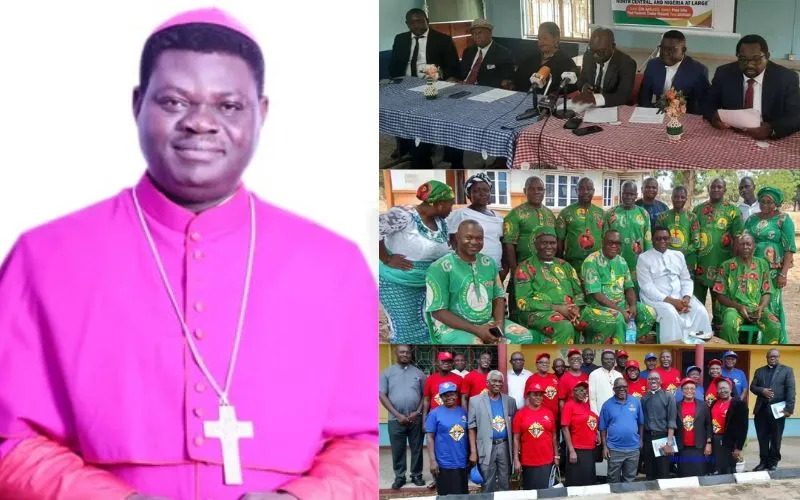In the Indian Ocean Island nation of Madagascar, the Salesian-run Notre Dame de Clairvaux Center, a home for the orphaned, at-risk, or street children that are located in Ivato houses more than 100 youth aged between 12 and 22 years.
According to the January 24 report, Salesians are seeking a better future for the children in the school by providing them with comprehensive support, including medical care, food, clothing, shelter, and education.
Besides comprehensive support, Salesian officials say that the children are also exposed to “technical and vocational training in subjects like automotive mechanics, welding, agriculture, animal husbandry, carpentry, and masonry.”
“These subjects are available to enhance youth’s employable skills but also address the needs of the community,” SDB officials say, and continue, “In addition to job skills training, the center has a job search office with a coordinator who helps youth who are graduating find and retain stable work.”
In Zambia, Salesian officials say that the City of Hope in the country’s capital, Lusaka, is benefiting a number of vulnerable youth who have been abused, live on the streets, or are victims of child trafficking.
SDB officials say that in 2021, the school run by the Salesian Sisters of Don Bosco received a donation of furniture from UK-based entity, the Reuse Network.
“The City of Hope’s Open Community School serves those suffering from malnutrition, lack of education, and family deprivation. Basic education is offered to youth between the ages of 9-17,” the officials say.
They explain, “Primary school classes make up the first four years, after which students take the government’s grade seven examinations. Most City of Hope students (do) not have the opportunity to attend other schools because of a lack of financial means.”
In Kenya, the officials say that “Don Bosco Boys Town (Bosco Boys), located in Nairobi, launched the dual apprenticeship training program focused on the latest plumbing technology.”
Approved by Kenya’s Ministry of Education, made possible through the Swiss contact, and funded by the Hilti Foundation in Switzerland, the officials say that the program “will train 50 students in its initial class and is the first of its kind in the East African nation.”





